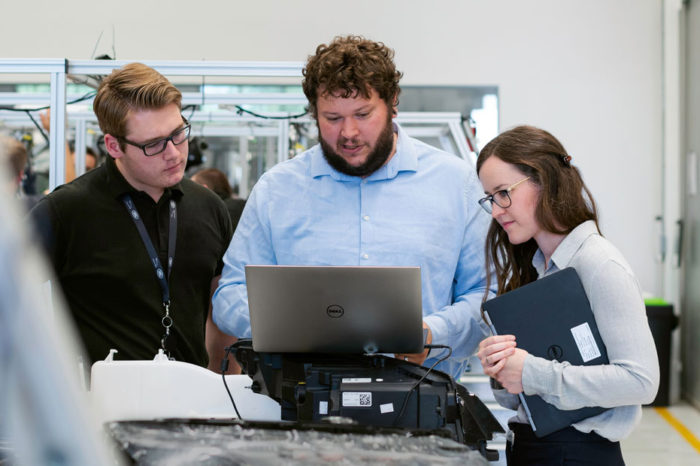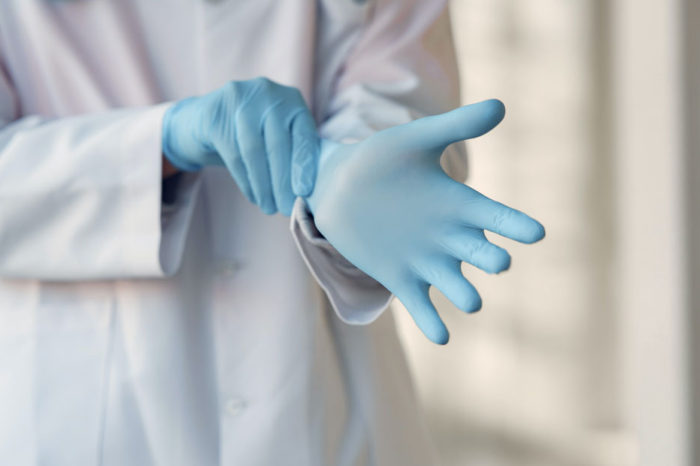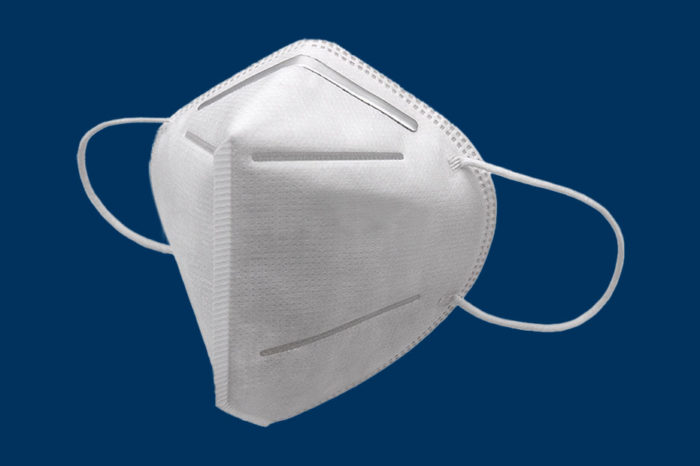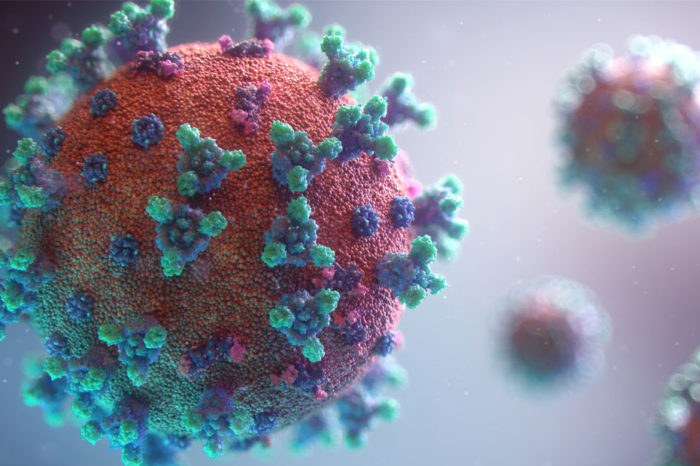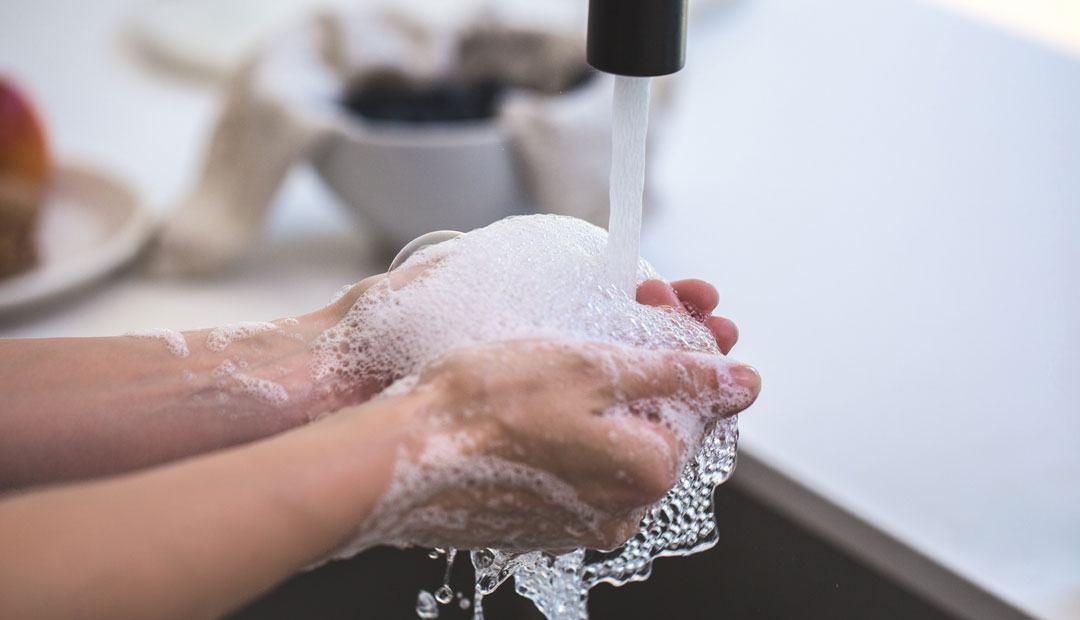
24
Apr
One Point Zero’s Advice to Fight COVID 19
One Point Zero has teams across multiple continents and we as a company have witnessed the effects that the COVID 19 virus is having on the population and how different government bodies have been handling the outbreak. There is a lot of public uncertainty around the virus and its true implications which is slowing the efforts made by both scientists and doctors who are learning more about the virus every day.
We have complied a list of facts and best practices that have been adopted in Asia, including China, one of the first countries to be affected and yet has recovered the quickest compared to any other country. This information is for both individuals and companies so please have a read.
Facts about COVID19 and how it has been successfully dealt with in different countries:
-
People without any symptom can be carriers.
-
Cases have been identified where people have been infected, fully recovered and become infected again.
-
China, South Korea, Taiwan and Singapore are the only countries which have managed to “control” the virus after 2 months of huge effort. China has been particularly efficient by implementing these measures:
-
“Hard” isolation to prevent contamination by stopping people from moving around.
-
Identifying cases by testing for the virus.
-
Allowing people to move freely again only after the entirety of a local population (village, town, county, district) has been screened and anyone testing positive is put into quarantine.
-
-
In HK, the population has been very disciplined since the start of country’s outbreak (Jan. 20) and the spread of the virus was mostly controlled. However, since travel has been permitted again, they are now seeing another increase in the number of cases due to carriers travelling in from mainly the EU & US.
-
The Singapore government has been using a method in-between PRC (total lockdown) and Hong Kong (controlled discipline) and been able to successfully control the situation. SGP Minister of Foreign Affairs has indicated that due to the experiences of both SARS and COV19, that the world would likely take a minimum of 3 months to gain control of the disease if all countries follow strict protocols, which is unfortunately unlikely to happen.
-
The biggest threat to hospitals and their staff is the contamination of hospital workers. During this time, hospitals are continuing to care for far more serious illnesses such as cancer and MS, but this care is being negatively impacted.
-
There are not enough hospitals for all of the patients of the COV19 virus and medical supplies will run low. The immediate need is for cleaning alcohol and disinfectant spray, with hospital beds and ventilators coming a close second.
Research by the Hong Kong Government (HK Gov), German Military & APHP has found:
Hospitals and the general population need N95/ FFP2/ ASTM Level 1 respirators.
Those respirators should not be worn for extended periods (3 hours max).
Typical use cases are:
-
Primary – Patients visiting the hospital
-
Secondary – Individuals leaving self-isolation for essential shopping such as food or medicine.
Protective practises that must be implemented by all individuals (in order of priority):
-
DO NOT LEAVE YOUR HOUSE unless you really need to.
-
When outside, DO NOT TOUCH YOUR FACE. If available wear surgical gloves when going out.
-
Carefully dispose of gloves and masks before getting home.
-
Disinfect yourself before entering your home.
-
Use hydro alcoholic gel on your hands & disinfectant spray all over
-
-
Leave worn shoes outside home.
-
Wash your hands as soon as you get home.
-
Clean your house.
-
Use diluted bleach (HK GOV. indicates that 76% alcohol is preferred).
-
COV19, just like SARS stays in water pipes. In HK, contamination has occurred through the pipework.
-
Any water pipework should be disinfected every day by flushing hot water and diluted bleach through the system. For example in the bathroom, kitchen, laundry rooms, etc.
-

